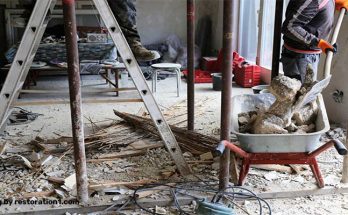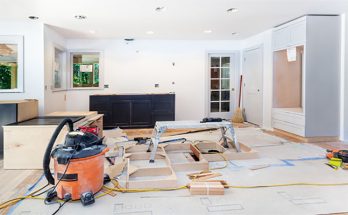
If you are purchasing a new home, insurance is often easy to achieve, as you have already had an inspection performed on the home in order to secure financing for the house itself. Most homes that are on the market are already in insurable condition. If you are however purchasing a fixer-upper or have a home that you already own on which you need insurance, there are several areas you must be concerned with in order to obtain affordable, quality homeowner’s insurance coverage. If you want to know more information about getting your house ready for home insurance, visit Youi.
There are many factors that play into the cost of an insurance plan. The foremost factor is the value of the home itself. Knowing what it could actually cost to rebuild the house is an important part of knowing if your house insurance coverage is the right plan for you. If you don’t know the real value of your home or what it may cost to rebuild the house in the event of a devastating event like a fire or destructive storm then you won’t know if the insurance company is providing you with an accurate and sufficient policy.
The cost of replacing or rebuilding your home will be different from the cost that you paid for the house. The replacement value of your home also includes the personal belongings contained in the house and on the property. You must have a realistic idea of the value of your personal possessions as well and see that the figure factors into the policy in some way.
Good coverage is that which provides you with just enough money to replace your home if something should happen. Anything you can do to lower your insurance premiums is a good thing, and there are several ways to make your home safer and more insurable in the eyes of insurance companies. All these improvements will allow you to secure coverage for a lower rate.
Having a safe home with the appropriate number of working fire alarms and extinguishers can reduce your insurance premiums. A home alarm system can also help keep the cost of your homeowner’s insurance down. These types of improvements not only keep you and your family safe but also save you money in the long run.
The manner in which your home is constructed or wired for electricity can also impact your insurance premiums. Homes with new roofs, solid foundations, and proper electrical wiring are less of a risk for the insurance company. The more your home is able to stand up to normal daily activity and weather conditions, the better your insurance premiums will be.
Insurance companies look at all aspects of your home in order to determine your insurance policy rates. They will hire a contractor to inspect the home inside and out. The contractor will also survey the property and take note of any external issues that may exist, as the potential for visitors to be injured while on your property can greatly affect the cost of the insurance coverage for the house.
Cracks in your driveway or sidewalks, unsteady exterior stairs or railings, and pools that are not properly secured can all cause your insurance rates to be higher. If you have mature trees around your home, you will want to ensure they are trimmed, reducing the risk of damage to the house as the result of breaking limbs.




